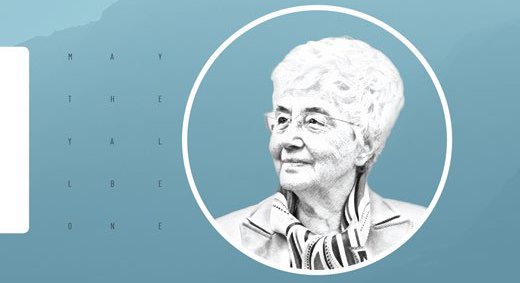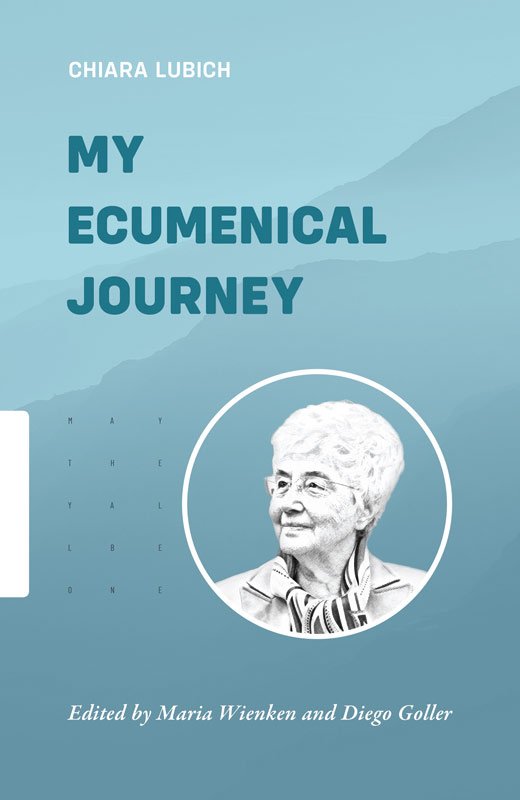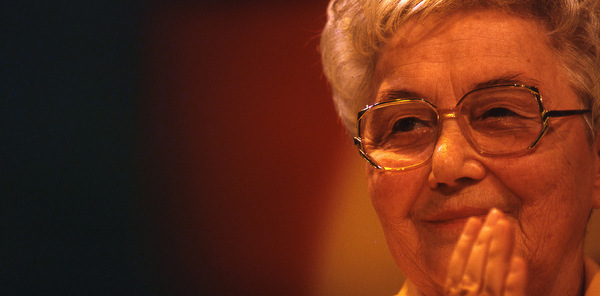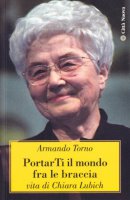I have already shared in a previous text that I joined the World Council of Churches’ communications department almost two years ago. It marked the beginning of an incredible journey of reflection on what it means being a Roman Catholic Christian.
Finding a book about ecumenism from the perspective of the Charisma of Unity was a natural move for me. The Focolare Movement has a substantial influence on how I experience faith and celebrate the diversity of God’s Creation.
The book “My Ecumenical journey” gathers all the crucial elements addressed by Chiara Lubich in her journey towards understanding ecumenism.
Following the path of Chiara, I captured the importance of three pillars:
- a life inspired by the Gospel;
- mutual love;
- Jesus forsaken;
With these three elements, the global Christian community can walk together and make space for God to heal the past wounds and reveal a future towards a reconciled world.
God’s grace of unity within the different Churches is never a simple process. It demands openness and a personal commitment to an ecumenism of life, where we invest energy and time on finding elements that bring us together in the name of Jesus Christ.
The book “My Ecumenical Journey” allowed me to discover what inspired Chiara to emphasise the path towards Cristian unity as a crucial step, and perhaps a precondition, to a united world.
Accepting the limits and the slow pace of this process can enable us to continue to walk together and strengthen our connection in a world too affected by physical and spiritual walls.







